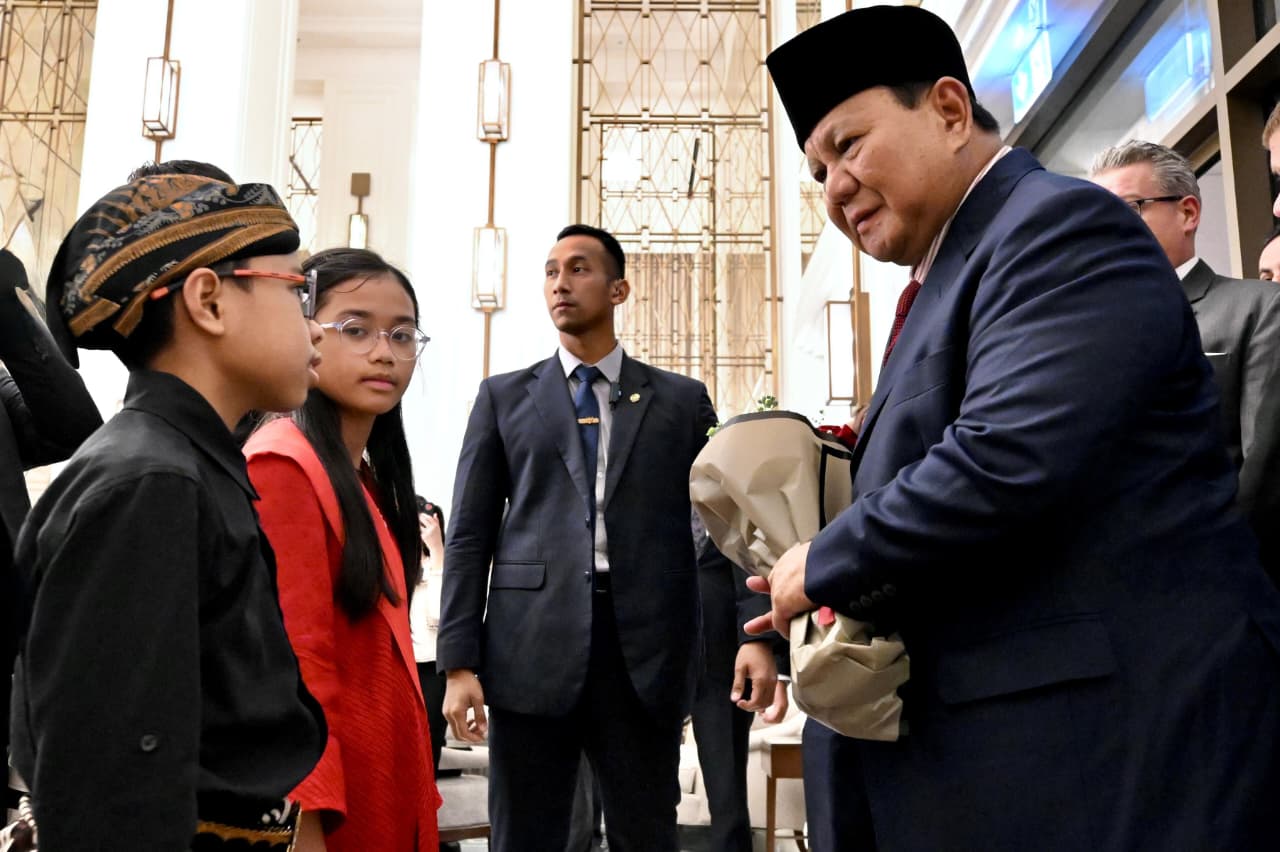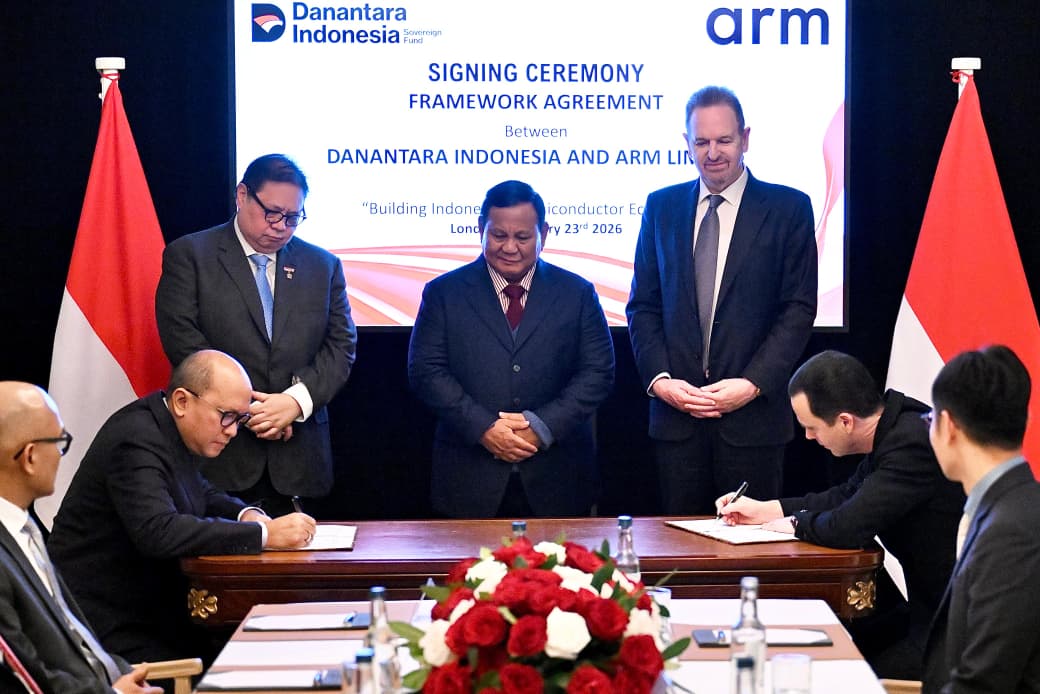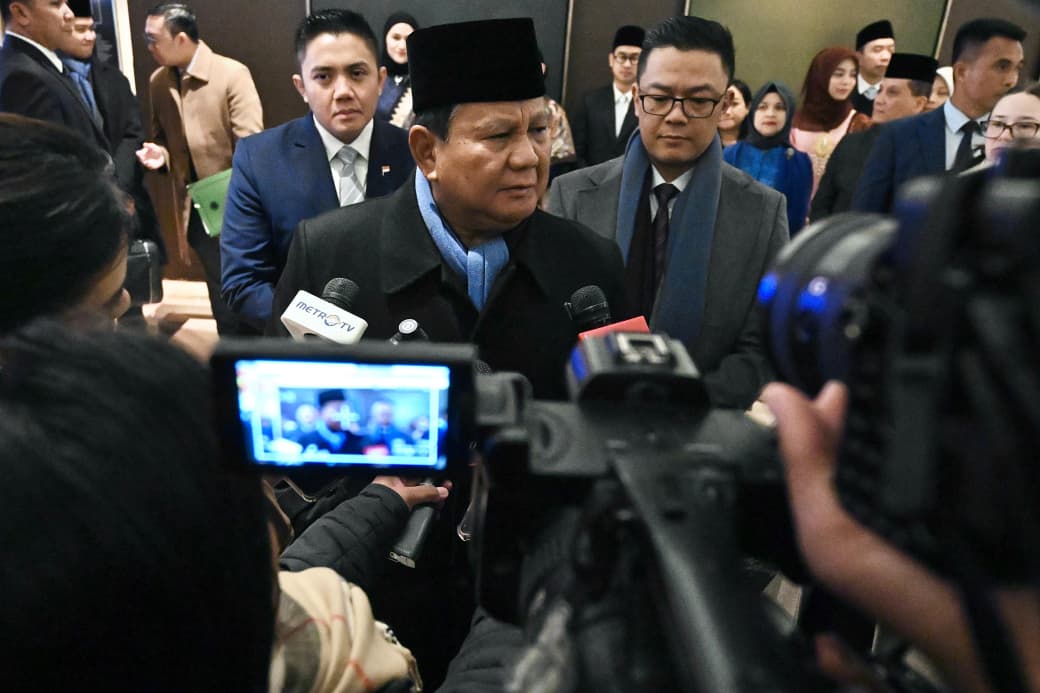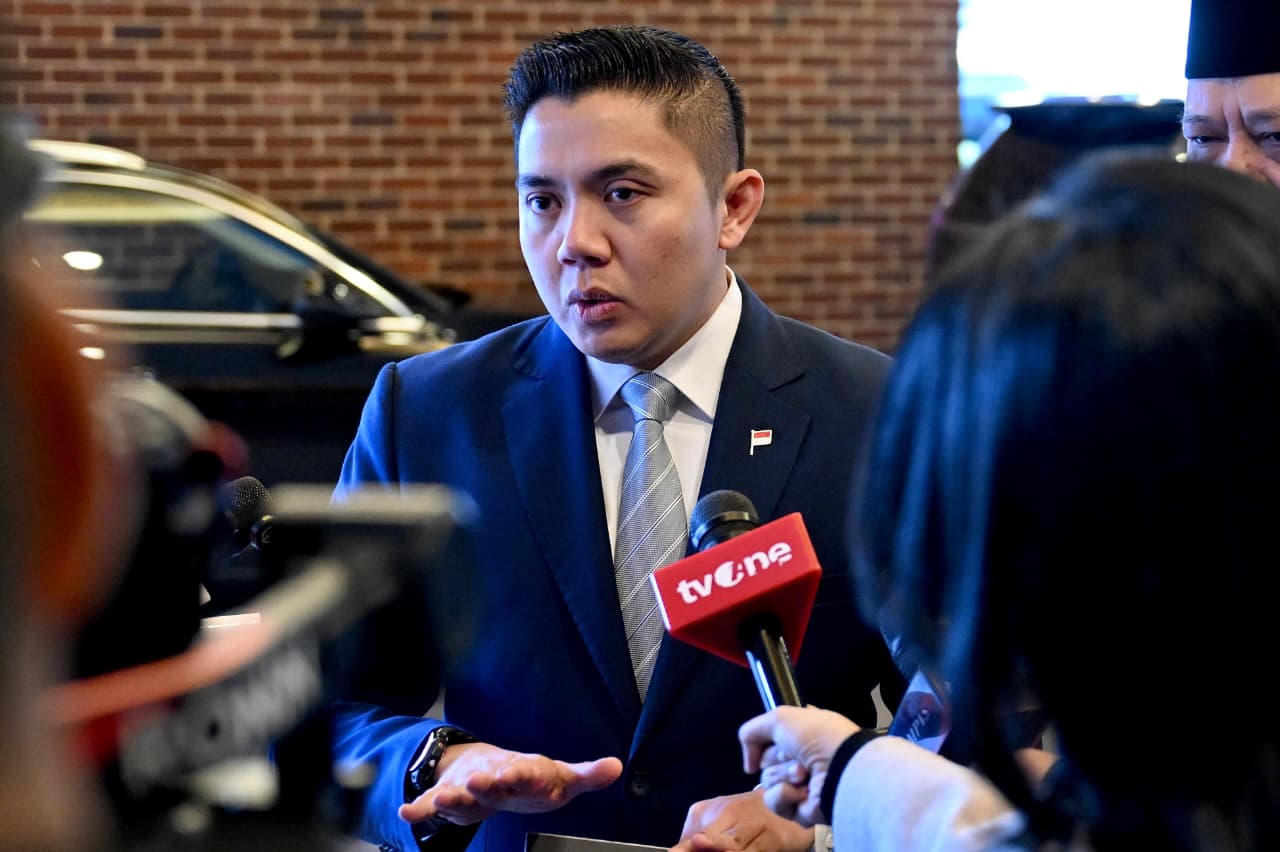Hajj Funds to be Handled by Hajj Fund Management Agency: Religious Minister
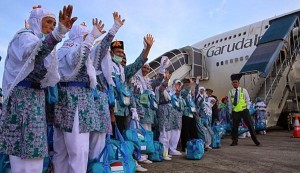 Indonesian Minister of Religious Affairs Lukman Hakim Saifuddin asserted that all hajj funds consisting of initial deposit, benefit or optimization, and the Public Trust Fund (DAU) will be managed by Hajj Fund Management Agency (BPKH ).
Indonesian Minister of Religious Affairs Lukman Hakim Saifuddin asserted that all hajj funds consisting of initial deposit, benefit or optimization, and the Public Trust Fund (DAU) will be managed by Hajj Fund Management Agency (BPKH ).
All funds will be handed to the BPKH. (The first phase) will be done at the end of August and the second one will be done once this years hajj pilgrimage season is completed, Lukman said at the 8th Merdeka Barat Forum discussing hajj fund on Saturday (5/8), in Jakarta.
According to the Minister, the handover is based on the Law Number 34 of 2014 on Hajj Fund Management. However, he ensured that the BPKH could not easily invest the funds even though they keep all fund. In fact, the BPKH must formulate a strategic plan (renstra), create a breakdown, and consult it with the House of Representatives (DPR), Lukman added.
Lukman admitted that the control mechanism is so strictly enforced within the Law, so that the BPKH should formulate the strategic plan, submit it to the DPR, and get approval.
They also must submit the semi-annual report not only to the President but also to the DPR, the Minister added.
Based on the 2016 audit report, the amount of hajj funds including the initial deposit, benefit or optimization, and DAU reached Rp95.2 trillion which are deposited to Government Sharia Securities (SBSN) (Rp35.65 trillion), sharia based time deposit (Rp54.57 trillion), and Government Debt Paper (SUN) (Rp136 billion).
By the end of this year, the amount is expected to reach Rp100 trillion.
On that occasion, the Minister also explained that the funds could be invested in any sector provided that it must be in compliance with the basic principles which are regulated under the Law, including the principles of sharia, caution, security, and sound liquidity.
The most important thing is that the benefits are used for the sake of hajj pilgrims and the welfare of people in general, Lukman concluded. (Humas Kemenag/ES) (RA/EP/YM/Naster)





